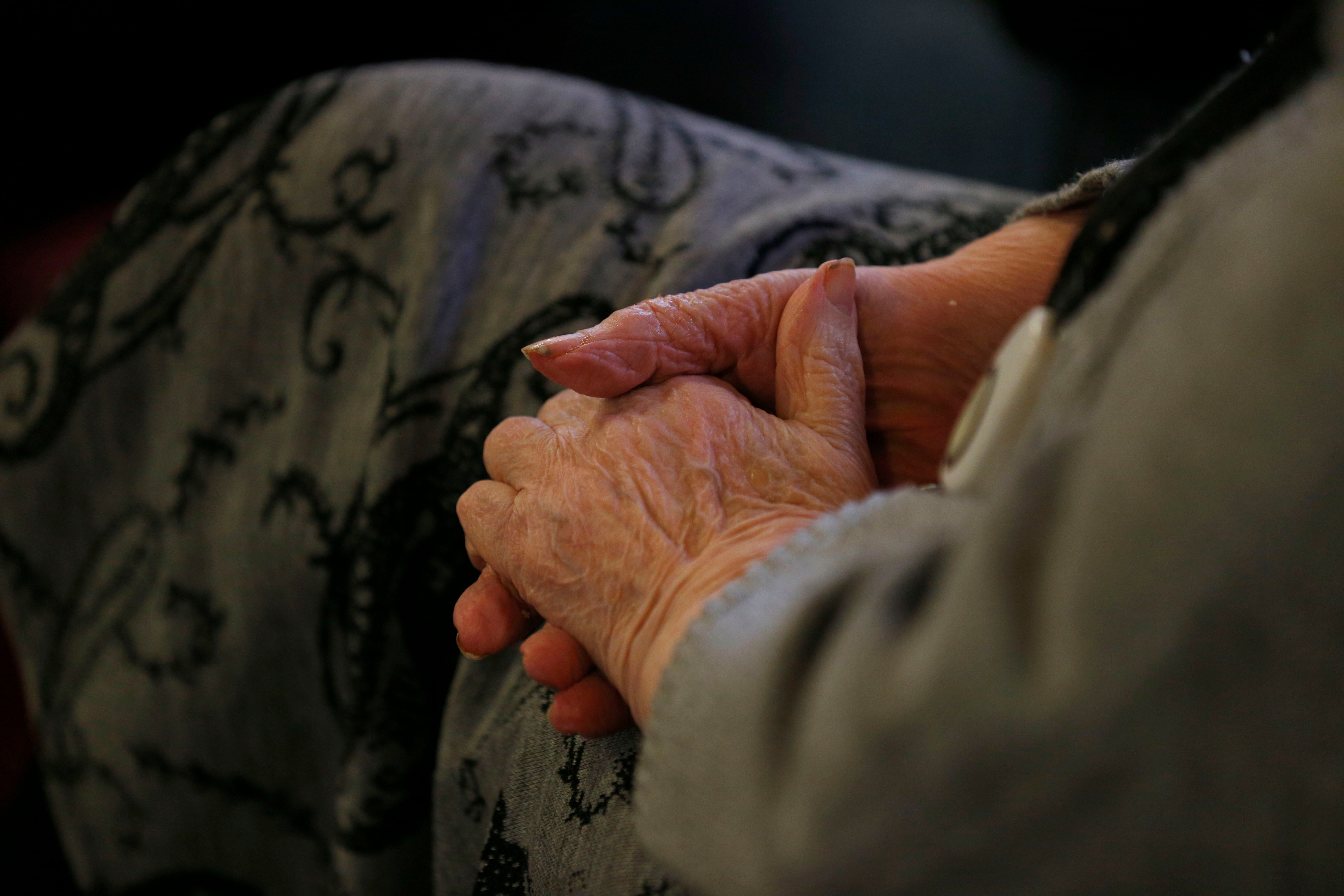Study finds seeing a single GP could be better for dying dementia patients
Researchers looked at the records of patients from 952 GP surgeries across the UK.

Your support helps us to tell the story
From reproductive rights to climate change to Big Tech, The Independent is on the ground when the story is developing. Whether it's investigating the financials of Elon Musk's pro-Trump PAC or producing our latest documentary, 'The A Word', which shines a light on the American women fighting for reproductive rights, we know how important it is to parse out the facts from the messaging.
At such a critical moment in US history, we need reporters on the ground. Your donation allows us to keep sending journalists to speak to both sides of the story.
The Independent is trusted by Americans across the entire political spectrum. And unlike many other quality news outlets, we choose not to lock Americans out of our reporting and analysis with paywalls. We believe quality journalism should be available to everyone, paid for by those who can afford it.
Your support makes all the difference.Seeing a single GP could help prevent dementia patients taking multiple trips to hospital as they near the end of their lives, a new study suggests.
It has been previously suggested that dementia patients who visit the hospital multiple times as they approach death have “poor end-of-life care”.
Researchers, led by a team from King’s College London, set out to examine the link between the number of times a dementia patient is admitted to hospital in their last 90 days of life and whether or not they received “continuity of care” from the same GP.
People with dementia who had better continuity of care with GPs were less likely to have multiple hospital admissions in the last 90 days of life
Their study, published in the British Journal of General Practice, looked at the records of patients from 952 GP surgeries across the UK.
This was cross-referenced with hospital admissions data and information from the Office for National Statistics.
The team examined data of almost 34,000 people with an average age of 87 who died between 2009 and 2018 with a diagnosis of dementia.
Among this group 1,894 people had multiple hospital admissions in the last 90 days of their lives.
Participants with “more GP contacts” had higher risk of multiple hospital admissions while those who were more likely to be under the care of the same GP had a lower risk of admission, the researchers found.
Those whose end of life care needs had been identified were also less likely to visit the hospital on numerous occasions.
The authors concluded: “This study found that people with dementia who had better continuity of care with GPs were less likely to have multiple hospital admissions in the last 90 days of life, in particular if they lived at home and had multiple comorbidities.”
Gavin Terry, head of policy at Alzheimer’s Society, said: “For people with dementia receiving end-of-life care, GPs are a vital gateway to specialist care and support.
“People with dementia deserve good end-of-life care.
“Continuity of care is so important for better management and treatment of conditions and palliative care needs and lowers the risk of complications that result in hospital admissions, which can be distressing and disruptive for people and their families.
“We know that the pandemic has put GP services under immense pressure, but government should be working urgently with the NHS to improve access to GP care, including increasing capacity.
“We are also calling for a dedicated dementia support worker in each primary care network to provide specialist healthcare support to help bridge the gap between families affected by dementia and support available in their area to help them avoid ending up in crisis.”